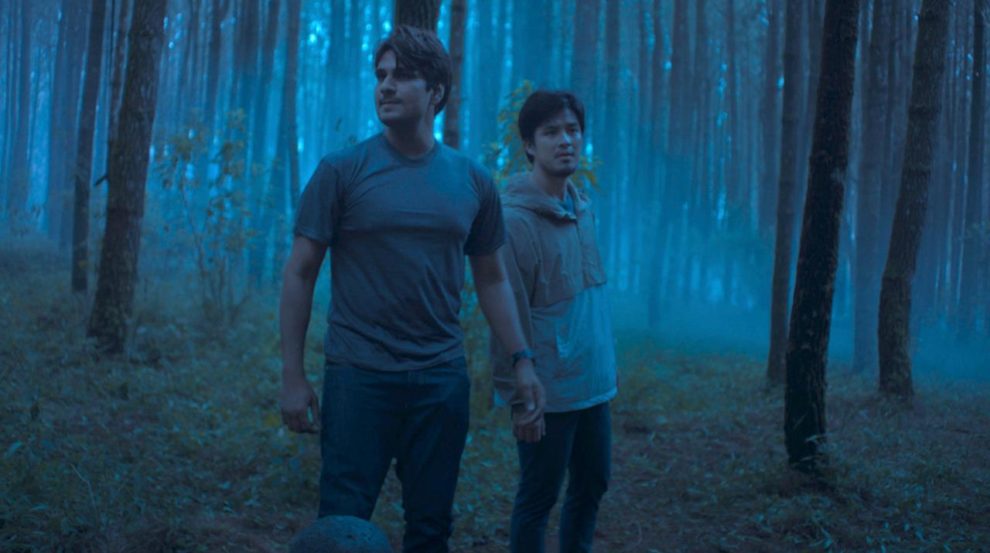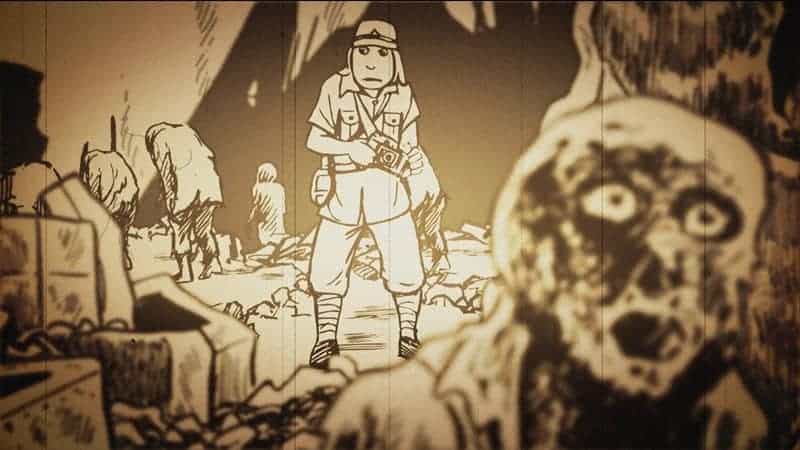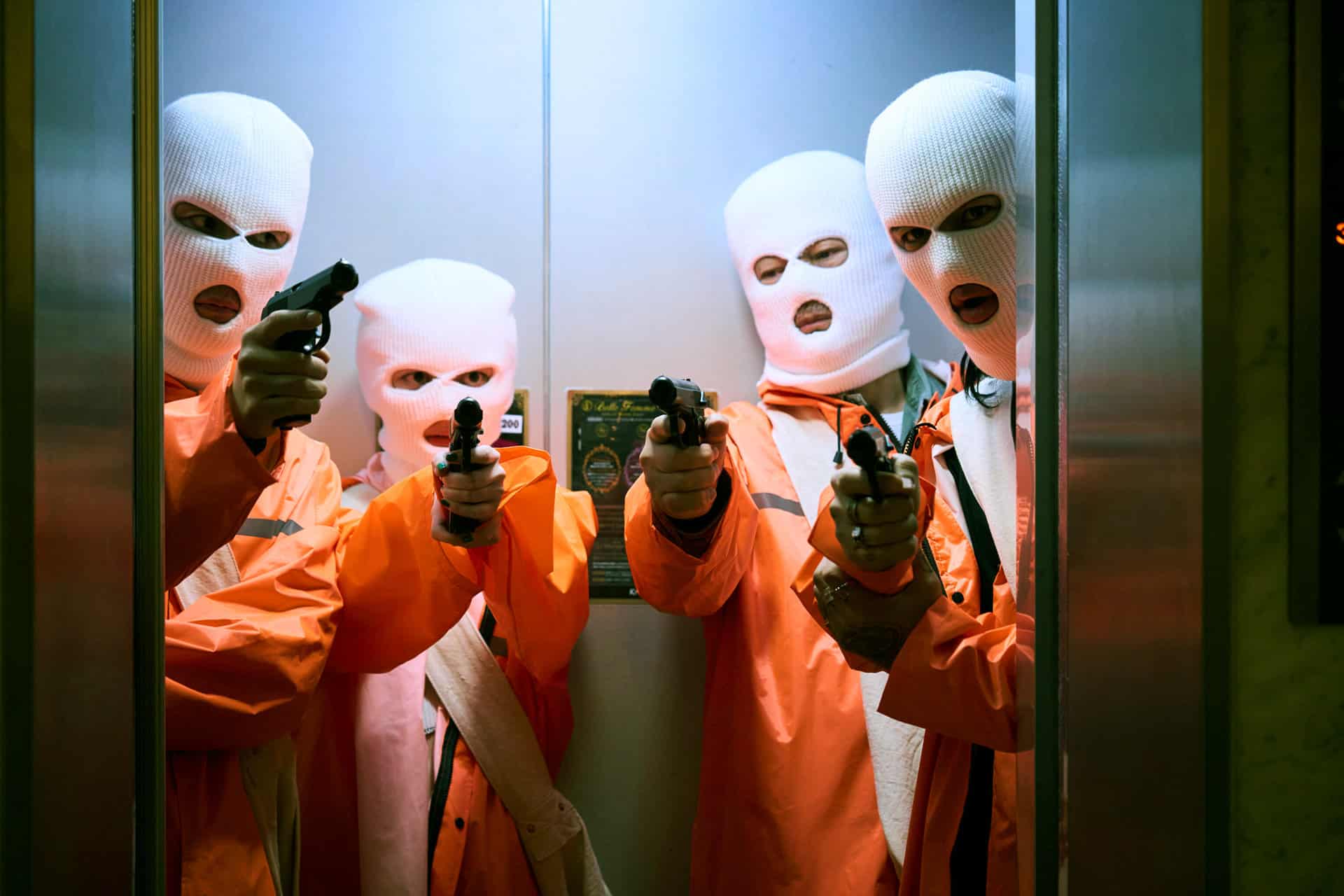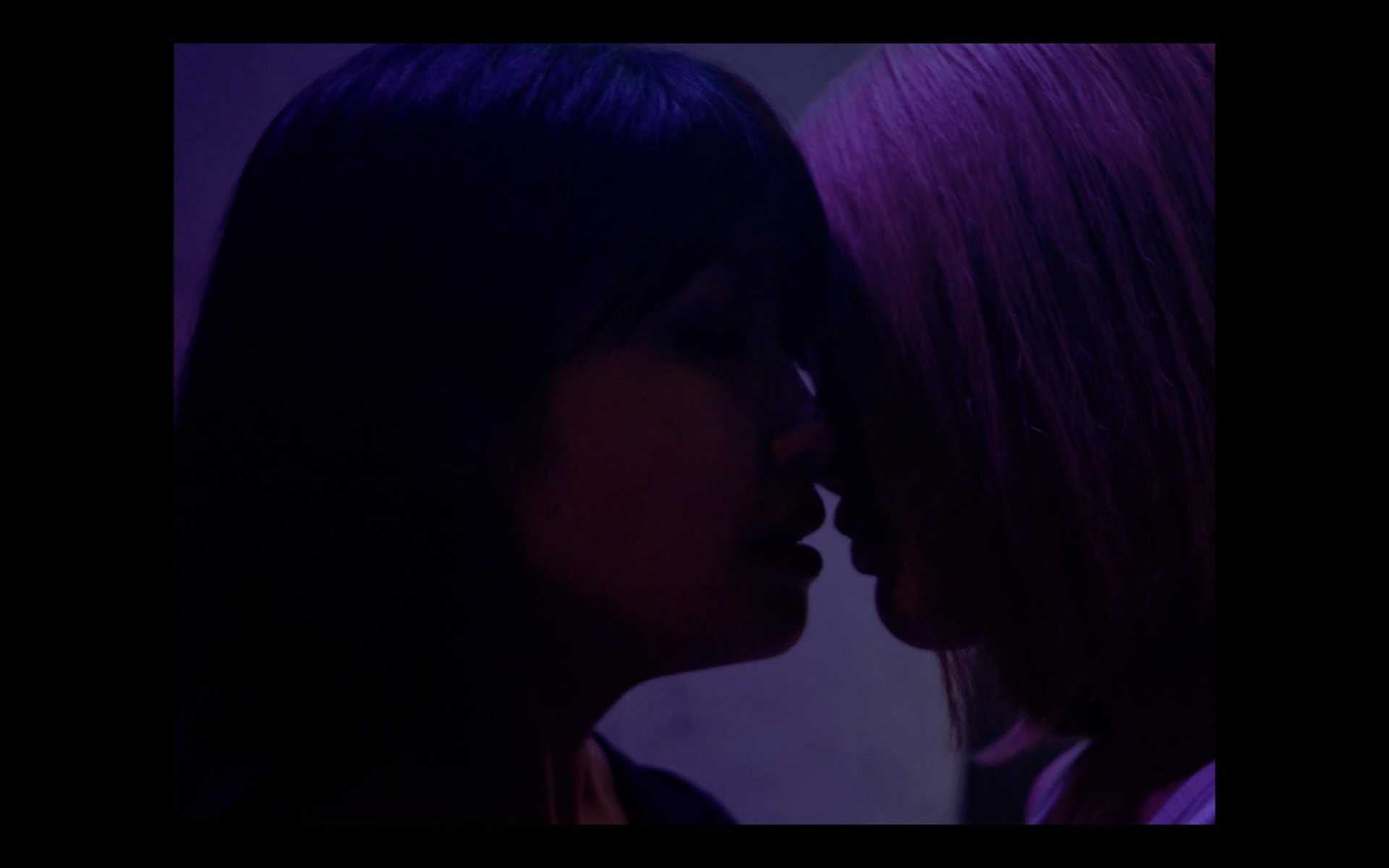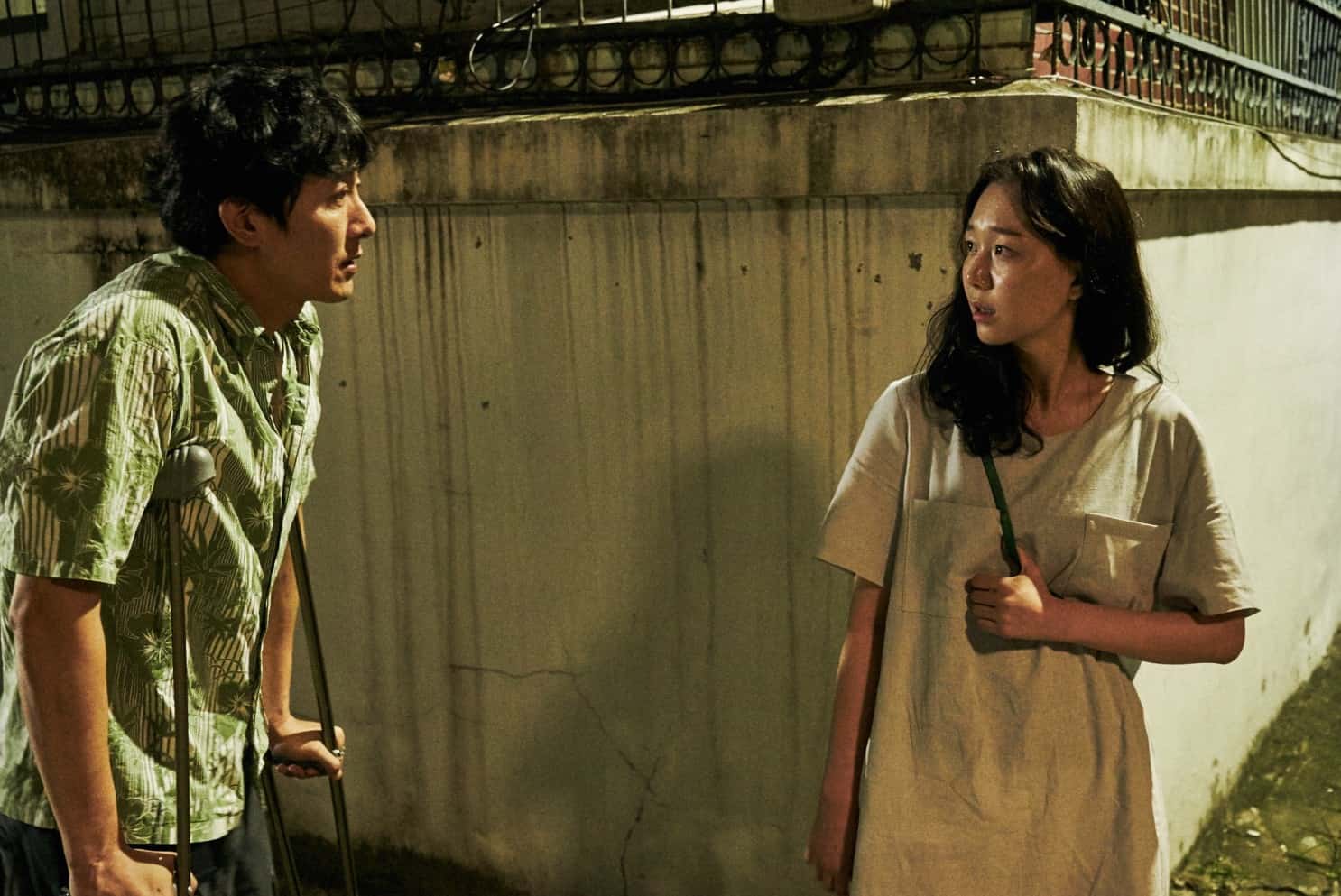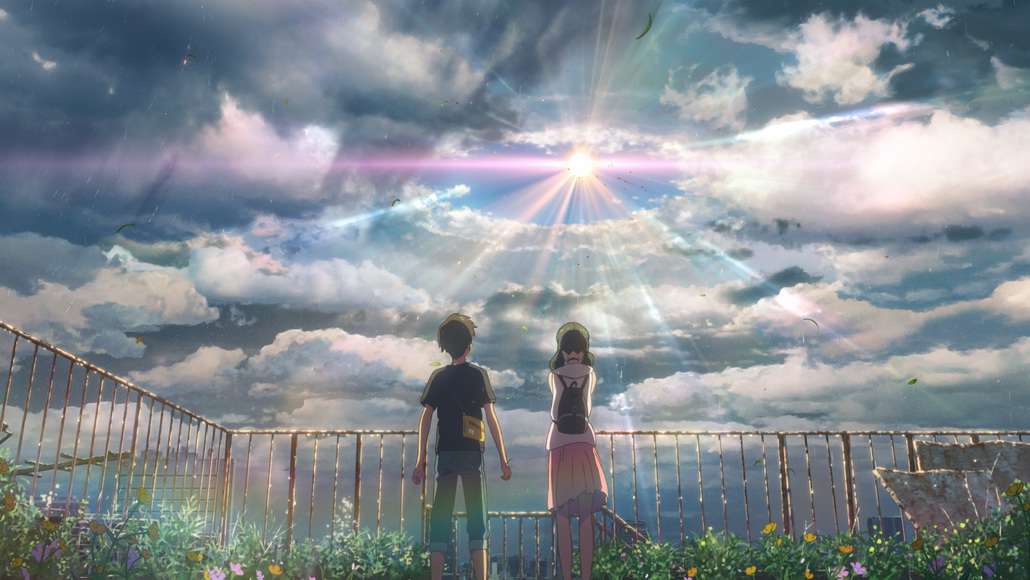As we have seen time and time again, the horror genre is often underestimated since its various aspects present a formidable challenge for even the most experienced director. Creating tension while being unpredictable to a certain extent and also keeping a close watch on character development has brought down even the most interesting of premises, with many horror movies feeling underdeveloped or simply sub-par. In his feature debut “Death Knot” Indonesian director Cornelio Sunny uses the idea of ritual or folk horror to create a feature which deals with family and traditions. Although some elements of the narrative will seem very familiar, Sunny's direction is quite solid, especially when it comes to establishing mood and scenery, creating a very interesting genre entry.
Death Knot is screening at Udine Far East Film Festival
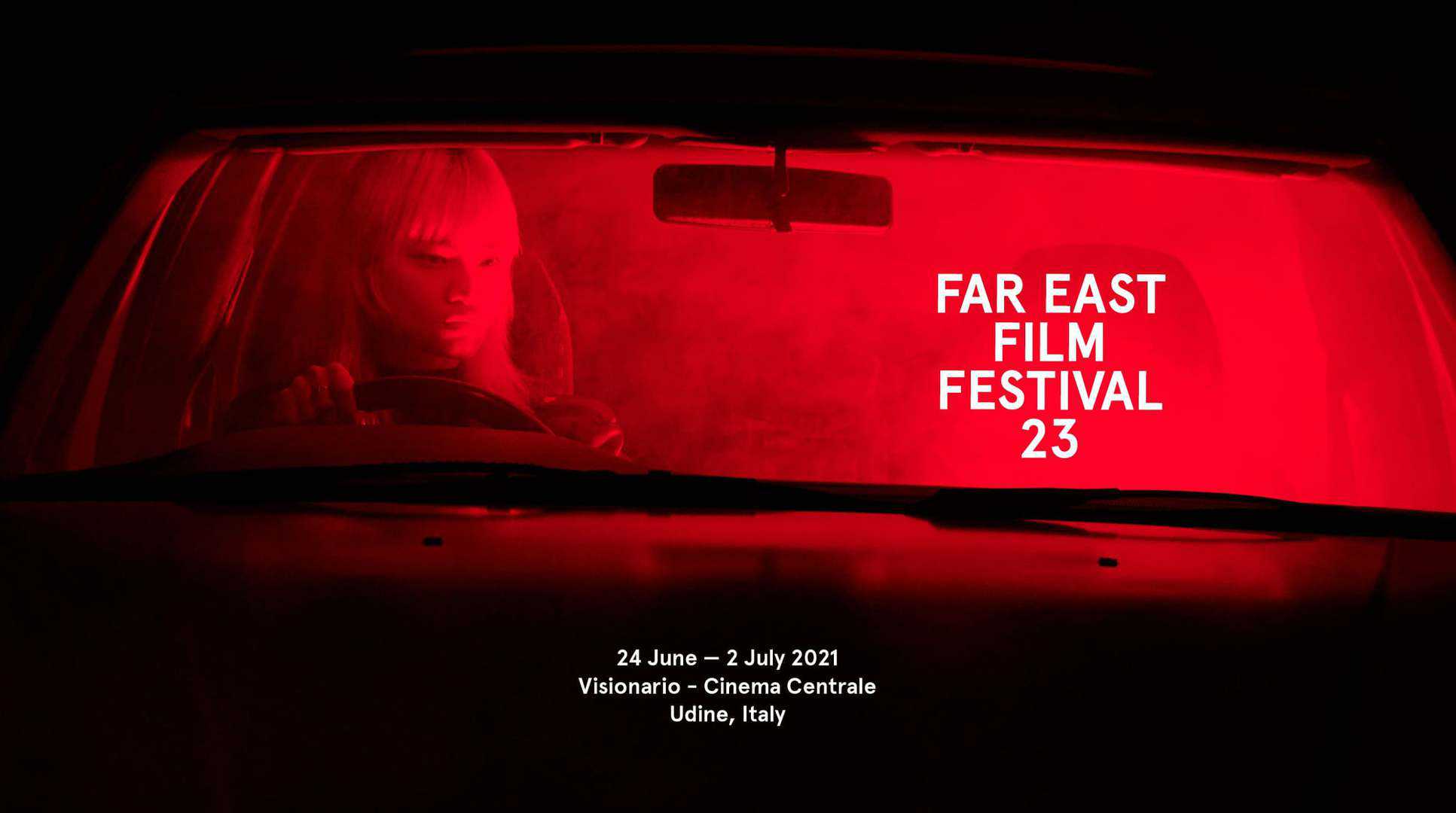
Upon hearing the news of their mother's death, Hari (Cornelio Sunny) and his sister (Widika Sidmore), as well as her boyfriend (Moran Oey), journey from Jakarta to the village where their parents lived to attend to funeral. Their arrival is met with hostility from the locals, who stress they want nothing more for them than to leave immediately and burn down their mother's house, considering she is said to have been a shaman who has made a deal with the devil. Even though Hari does not believe in these rumors, thinking they may have been spread by their uncle to make them give over the house to him, the three of them feel very unease walking the premise of what used to be their family home.

As they try and find a new caretaker for the house in their absence, an old man, a local, tells them more about the rumors. Apparently, their mother was a practitioner of black magic whose pact with the devil resulted in mysterious death among the villagers, all of which were found hanged one morning. The souls of the dead gave the shaman power, until something must have gone wrong , and their mother became a victim to her own curse. While Hari remains skeptical, his sister and her boyfriend start experiencing strange occurrences around the house, and when suddenly villagers are found hanging from a tree, even Hari suspects there may be more truth to the rumors than he originally thought.
To start off, “Death Knot” is not an effects-laden movie, neither does it contain a lot of jump scares. Similar to his colleagues, for example, Joko Anwar, Cornelio Sunny relies mostly on mood and atmosphere to tell his story, along with some rather interesting symbolism, which many viewers will probably notice upon a second viewing. The transition from the urban setting at the beginning to the rural village where the majority of the movie takes place is accompanied by a feeling of time standing still, quite literally as we soon find out as the clock in the house of her deceased mother is not working. Little by little, Sunny's direction along with Gunnar Nimpuno's cinematography establish a landscape which is somewhere between reality and dream, thus creating a sense of unease and dread, as if anything could happen.
While the motivation for the characters to go back to their childhood home and some of the developments in the narrative could have been developed a bit more, Sunny's feature makes up for it in its reliance on folk tales and horror. Especially the noir-ish lighting along supports the idea of the curse whose source is still unknown, but whose influence on the characters and the other villagers is undeniable. Combined with the notion of finding out about a family's past, Sunny connects the strange events to the family history, without disclosing fully the truth, until the very end, which also holds one last surprise for the viewer.
In the end, “Death Knot” is a horror movie which relies on a growing sense of dread rather than jump scares. While the development of the plot, especially in the beginning, could have used a little but more work, its cinematography and how it establishes atmosphere show the talents of director Cornelio Sunny, along with his deep passion for the genre.


